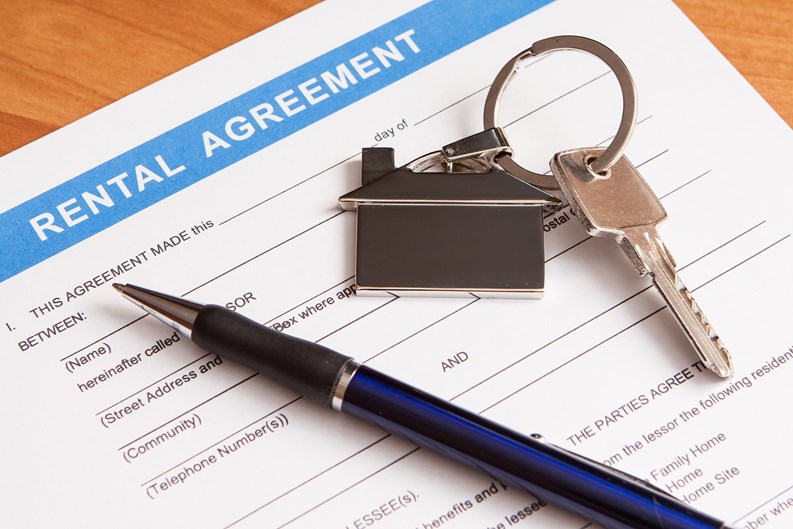Q. I’m going overseas for a few months for work, and would like to rent out my condo while I’m away. One of our board members told me I have to submit an information packet to the board including the names, yearly incomes, and a bunch of other personal details on all rental tenants who will be occupying my unit. This seems excessive and intrusive. Can they legally demand all of this information? My understanding is that my unit is real property, and as such I can rent it out to whomever I deem acceptable, period. I’m also not comfortable handing people’s financial and personal information over when I have no idea how the board intends to keep it secure and confidential.
—On the Road Again
A. According to attorney Troy Tanzer, an associate at Moriarty, Bielan & Malloy LLC in Quincy, Massachusetts, “While your condominium unit is a separate interest in real property, when you purchased it you agreed to be bound by the condominium’s governing documents (typically, the Master Deed, Declaration of Trust or By-Laws, and Rules and Regulations). Those documents form the legal framework for ownership and occupancy, and dictate what information a unit owner must provide to the board of trustees or board of managers when leasing their unit.
“Most condominium documents contain standard provisions relating to rentals. They generally require a copy of the executed lease, the names and contact information of the tenants for communication or emergency purposes, and sometimes evidence that the lease complies with association requirements, such as minimum lease terms or prohibitions on short-term rentals. In some communities, the governing documents also require that leases receive prior written approval of the trustees, although such approval requirements must appear expressly in the recorded instruments.
“While it is entirely reasonable for a board to know who is occupying a unit for legitimate business purposes like managing security, insurance, and emergency access, the board’s authority to require information is limited to what the governing documents authorize, and what reasonably serves those legitimate purposes. Requests for overly intrusive information, such as personal or financial data, typically fall outside that scope.
“That said, there are narrow exceptions. In certain condominiums that are subject to affordable housing restrictions, such as those monitored by the Department of Housing and Community Development, the governing documents may require verification of tenant income to ensure compliance with affordability requirements—but those situations are rare. In nearly all other cases, a condominium board cannot lawfully compel owners or tenants to disclose financial or income information.
“If your board is demanding personal data under its request for an ‘information packet’, or under a rule it has unilaterally adopted, that rule must be reasonable, and must serve a legitimate purpose for the condominium.
“A requirement that tenants disclose salary, employment, or credit details would almost certainly fail that test. A prudent next step for you is to ask the board to identify, in writing, the specific section of the Master Deed, Declaration of Trust, or By-Laws that supports its request for the information. You can also, separately, review the governing documents and ascertain what obligations they impose upon you as a unit owner. If there is no authority in the condominium’s governing documents, you are not obligated to provide the requested information. Even if there is a provision requiring such information be provided, it may not survive scrutiny (such as a Rule and Regulation adopted unilaterally by the board, which requires unit owners to provide sensitive personal information). In such circumstances, you may need to consult with counsel to review the specific applicable provisions.
“In the event you decide to provide limited information, you should do so only with the tenant’s express written consent, and under a confidentiality agreement clearly outlining how the board will store and protect the data. The board itself should be mindful of privacy and data security concerns; once those risks are raised, most boards recognize that collecting unnecessary personal information creates more liability than benefit.
“To conclude: a unit owner must comply with legitimate, document-based requirements—but not intrusive or unauthorized demands that serve no legitimate business purpose.”







Leave a Comment